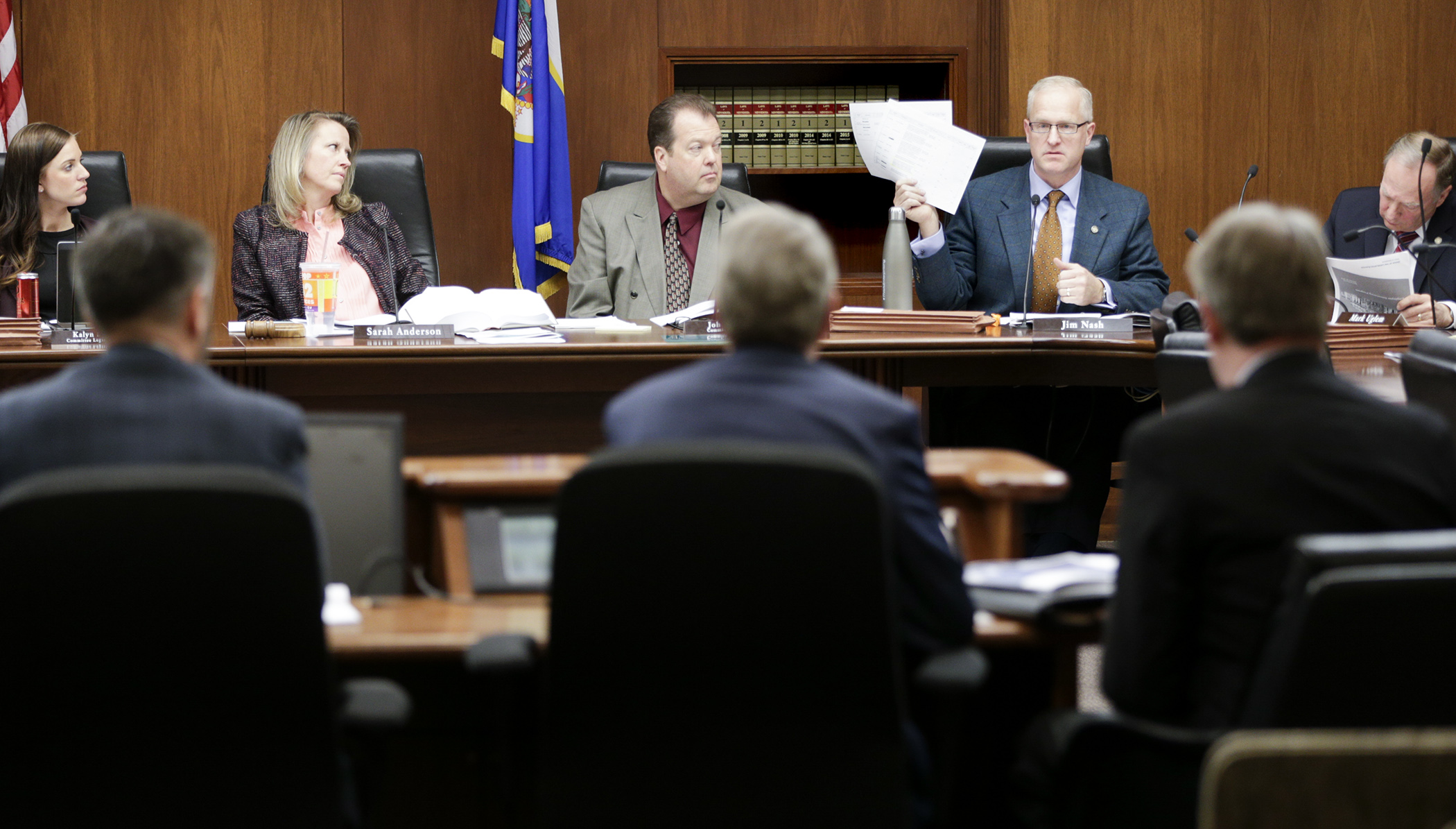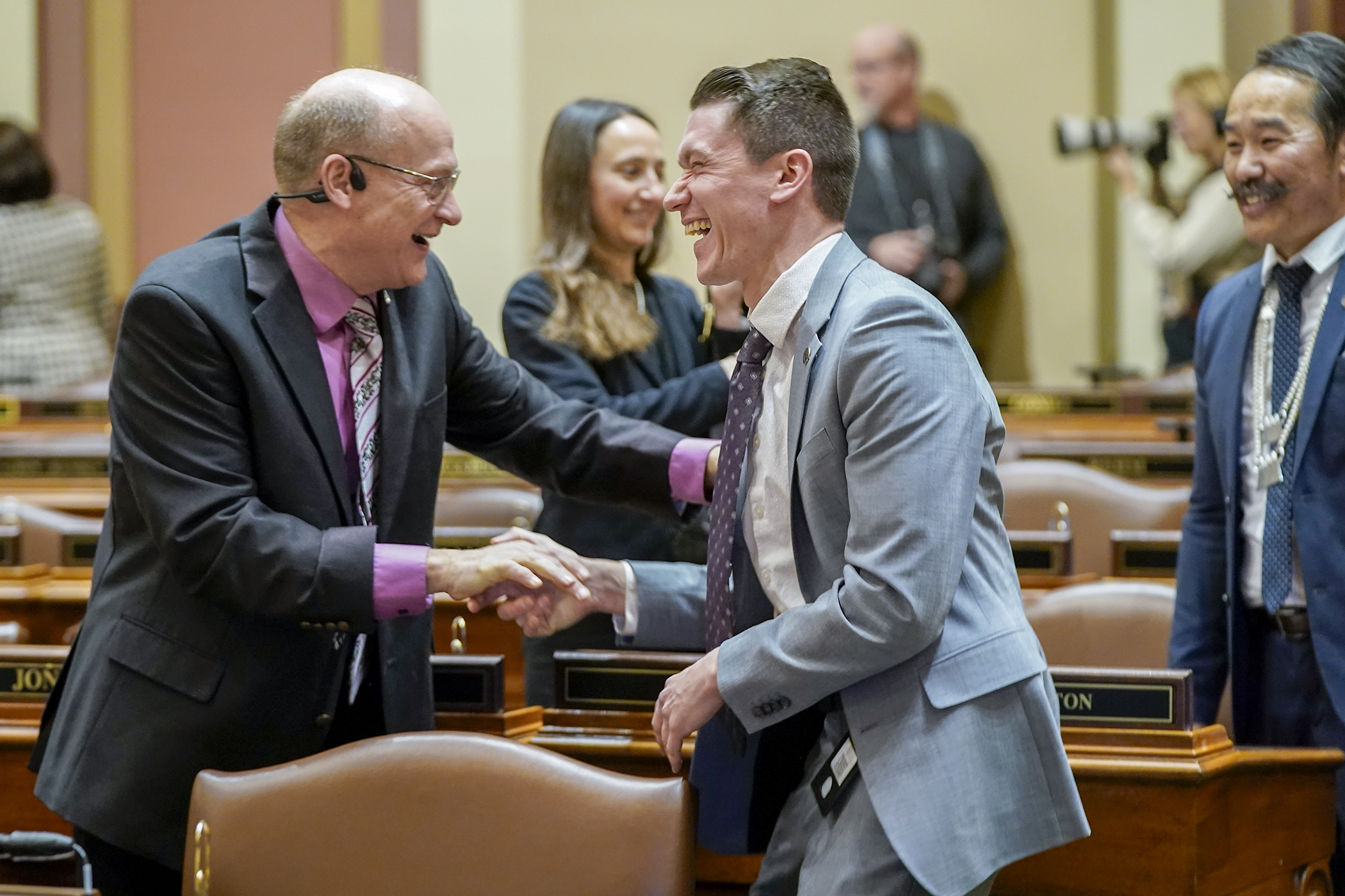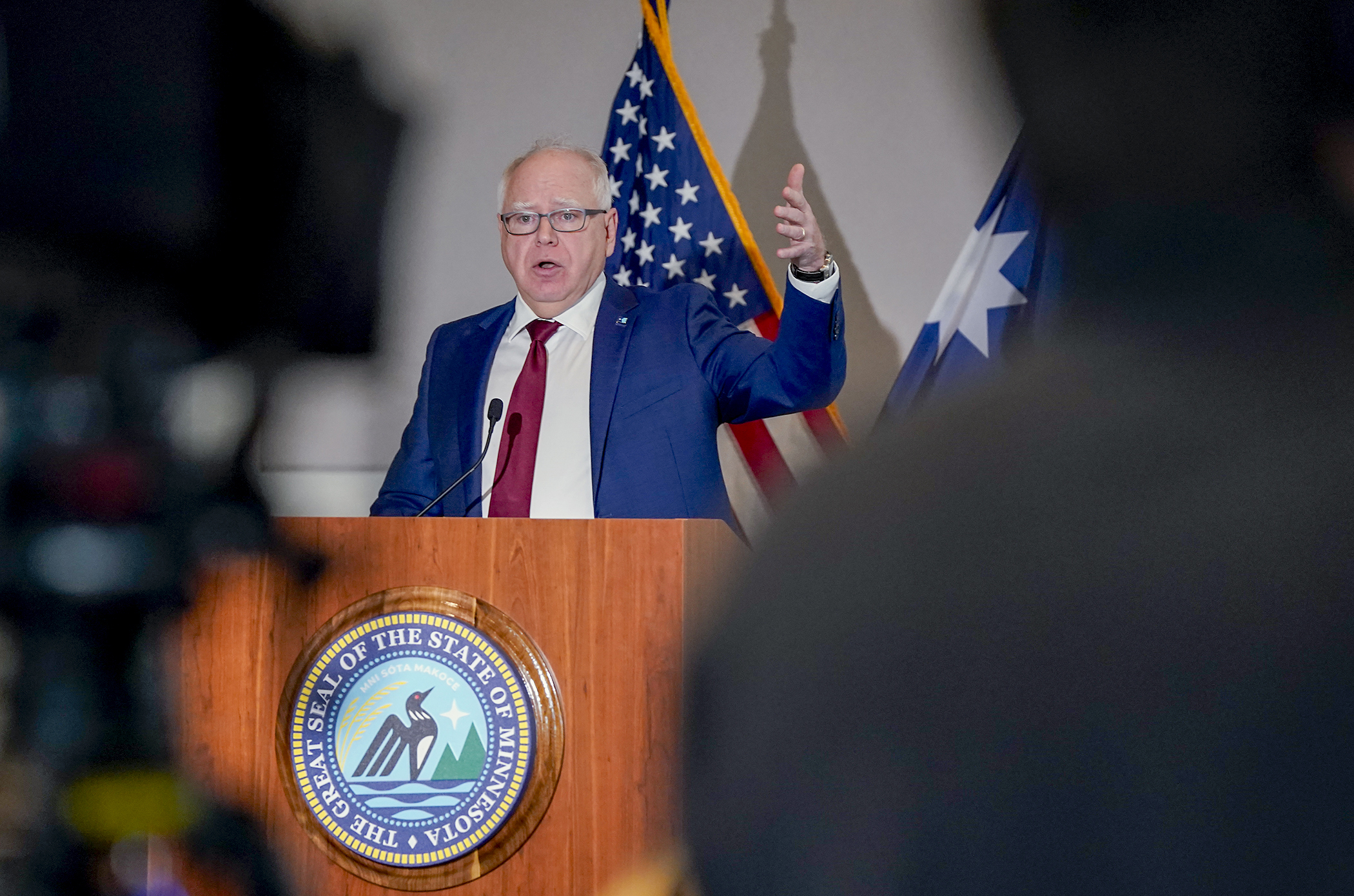Committee says MMB ‘ignored’ law meant to reward employees

Minnesota Management and Budget hasn’t taken any steps to implement a program that rewards state employees for saving the state money, even though it’s been required by law since 2011.
That’s according to the Office of the Legislative Auditor, which published a review of the Employee Gainsharing Program on Jan. 28, after lawmakers raised questions about the program during the 2017 legislative session.
OLA officials discussed the findings of that report with the House State Government Finance Committee Thursday.
The law requires MMB to implement a gainsharing program that rewards state employees who identify cost-saving improvements in state government with a one-time financial award of up to 10 percent of the first year’s savings, with a cap of $50,000.
However, Joel Alter, the OLA’s director of Special Reviews, said MMB hasn’t done anything to implement the program, despite having seven years to do so.
Frustrated committee members pressed Deputy Commissioner Eric Hallstrom for answers, with Rep. Jim Nash (R-Waconia) asking if there is a reason why MMB “essentially ignored the law.”
Hallstrom disagreed with Nash’s characterization, saying his agency has been working on a path forward, but a lack of funding from the Legislature, and language in the law, has made the gainsharing program “unworkable” and “challenging” to implement.
“How long of a runway do you need to comply with the law,” Nash asked, later saying he’s “frustrated that a law passed in 2011” is taking “forever” to implement.
Legislative Auditor James Nobles, said he can’t remember a time that a law wasn’t implemented, noting there have been a lot of cases where departments struggled to do so, but they moved forward.
“That’s what’s missing here,” Nobles added.
MMB’s ‘achievement awards’ program also questioned
Hallstrom also testified that MMB’s “achievement awards” program, which has paid out $11 million in employee bonuses from 2012-17, met the standards laid out in the gainsharing law before the law was changed in 2017.
Committee members vehemently disagreed, with chair Rep. Sarah Anderson (R-Plymouth) pointing out the cost-saving provision in the gainsharing statute has been in place since 2011.
Members requested more information about how employees were awarded bonuses through the achievement awards program to see if money was misused in any way. Hallstrom agreed to get the committee that information.
The meeting adjourned after nearly two hours without any solid conclusions, except hopes from some members that MMB would move forward with implementing the gainsharing program so they wouldn’t have to meet on the issue again.
Related Articles
Search Session Daily
Advanced Search OptionsPriority Dailies
Full House convenes for first time in 2025, elects Demuth speaker
By Tim Walker DFL, Republicans convene with a quorum for the first time in 2025 session after agreeing to a power-sharing deal.
DFL, Republicans convene with a quorum for the first time in 2025 session after agreeing to a power-sharing deal.
Walz proposes slimmed-down 2026-27 state budget, sales tax changes
By Tim Walker This is an odd-numbered year, and so the Legislature is constitutionally required to craft a budget to fund the state government for the next two fiscal years.
Gov. Tim Walz...
This is an odd-numbered year, and so the Legislature is constitutionally required to craft a budget to fund the state government for the next two fiscal years.
Gov. Tim Walz...